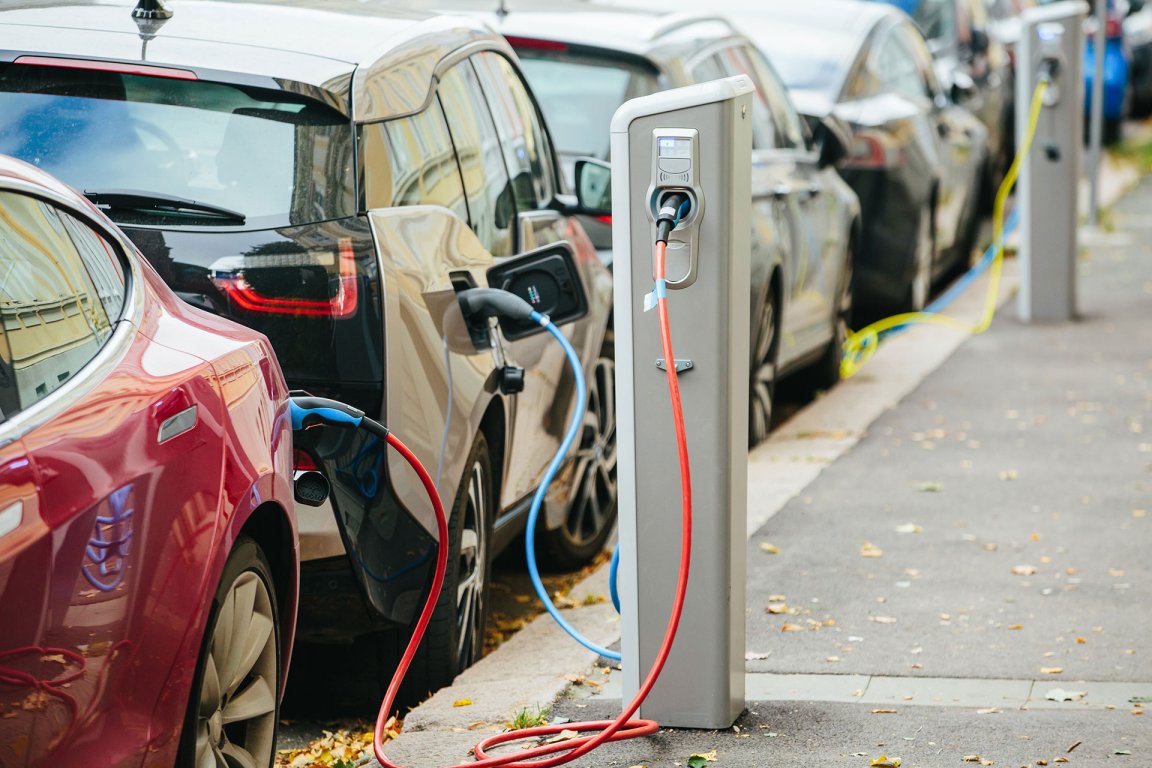
A new report, released by Dutch bank ING, predicts that electric vehicles (EVs) will become the new normal in Europe within just two decades. While that seems like slow progress, it’s actually relatively progressive when compared to other reports. The ING forecast pins the rise of EVs to the increasingly low prices of electric batteries, government support, and the ability to scale.
Between 2017 and 2024, completely electric cars are expected to “become the rational choice for motorists in Europe,” the report said, as EV showroom prices fall due to cheaper batteries and EV ranges increasing. Charging infrastructure is also expected to become more widespread, in part due to government support.
The shift from fossil fuel to electric-powered cars would create a disruption in the European automotive industry. In fact, this has already begun, with Swedish manufacturer Volvo pledging to focus on hybrids and plug-ins by 2019. The ING report said that the cost of owning EVs in Germany in 2024 would be similar to owning fossil fuel-powered cars. Last week, France joined this movement, implementing a ban on new petrol and diesel cars by 2040.

Stanford University economist Tony Seba, who published a separate report on EVs, made a similar forecast for worldwide adoption. “Our findings clearly indicate that essentially all vehicle miles travelled will be electric by 2040 [worldwide],” he told The Guardian. “The car industry faces an imminent technology disruption by AEVs [autonomous electric vehicles] in the early 2020s. Even without autonomous technology, the internal combustion engine car industry will have been long decimated by 2040.”